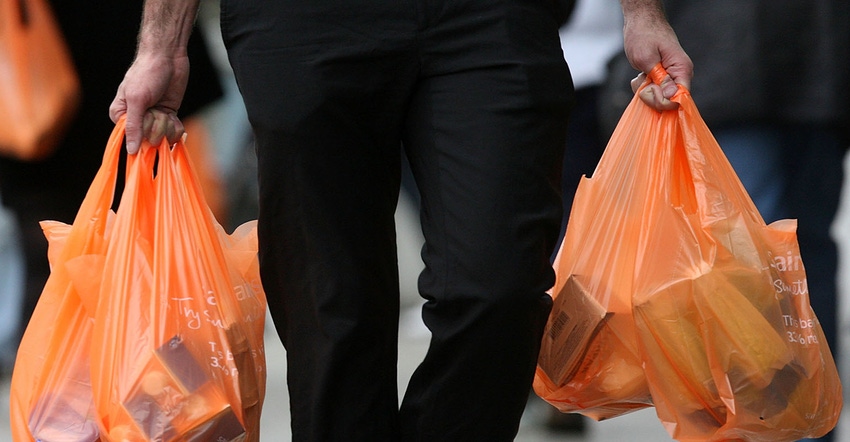Canada’s Plastics Ban Has Its Day in Court
Dow Chemical Canada, Nova Chemicals, and other industry players as well as two provinces argued in a federal Canadian court this week that the plastics ban is unconstitutional and based on scant scientific evidence.
March 10, 2023

In what several media outlets are calling one of Canada’s most consequential environmental court cases, a federal judge in Toronto heard arguments this week from representatives of the plastics industry contesting a national ban on some single-use plastic products.
The ban affects plastic bags, straws, stirrers, and cutlery, reports the Canadian Broadcasting Corp. (CBC), noting that some prohibitions have already taken effect while others won’t go into force until 2025. The legislation was pushed through by Prime Minister Justin Trudeau and his Liberal Party on the basis of a scientific assessment of plastic pollution published in 2020. The government notably has labeled plastics “toxic,” which is contested by the companies bringing the case before the court.
The companies in question — Dow Chemical Canada, Imperial Oil, and Nova Chemicals — along with the provinces of Alberta and Saskatchewan and the Responsible Plastics Use Coalition argue that the federal government has failed to provide scientific evidence to justify the regulations, reported Barron’s. "The test for toxicity is not satisfied by proving that a single bottle cap poses a risk to a single animal," says a legal brief filed on behalf of the plastics industry, according to the CBC.
The brief also questions the constitutionality of the ban, which is especially germane to the provinces participating in the case. They argue that it is “not the federal government's place . . . to regulate plastic pollution when the provinces and territories typically handle waste management,” reported the CBC.
Commenting on the case in Yahoo!Finance, Terence Corcoran noted that the industry case looks compelling. “The ban may be unconstitutional because it treads on provincial territory, but more important is Ottawa’s manipulation of the definition of ‘toxic’ under the environmental protection act. The corporations say the science behind the ban is flawed and ‘is not based on fact, data, measurement, or scientific study. It is based on estimates, and even these are outdated and do not originate in Canada.’ The Liberal cabinet, the brief adds, “cannot rely on a mere assertion.”
Stay tuned — a ruling is not expected for several months.
About the Author(s)
You May Also Like




